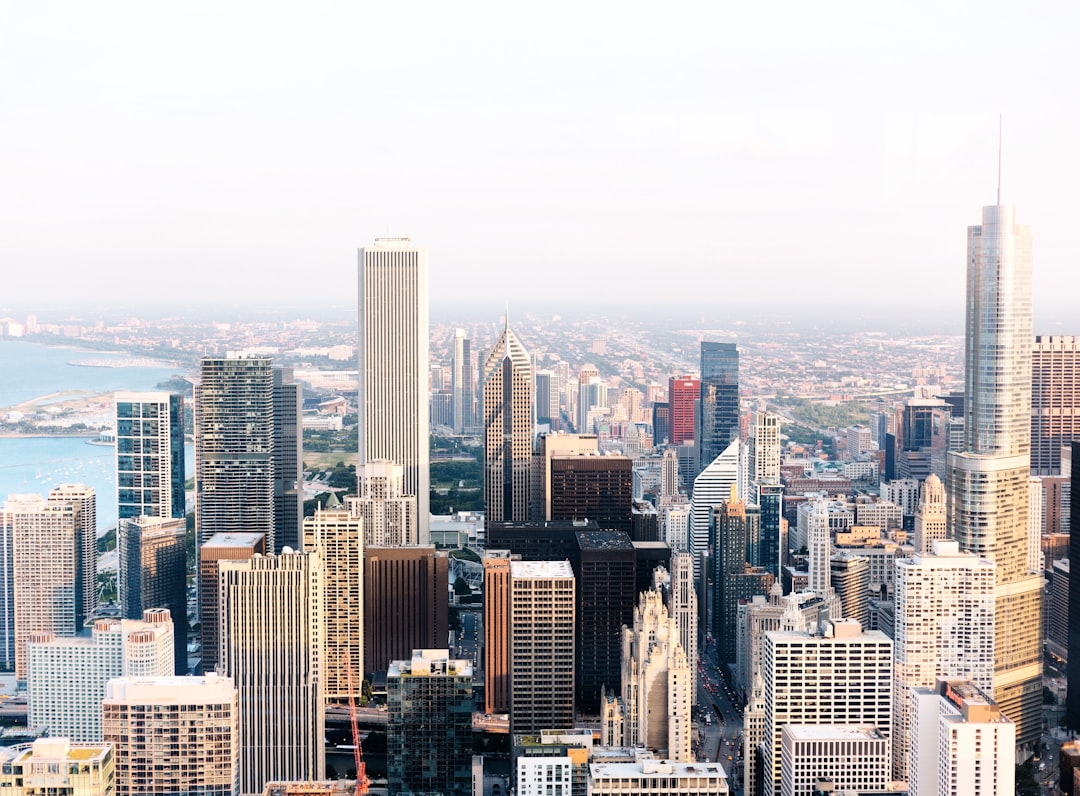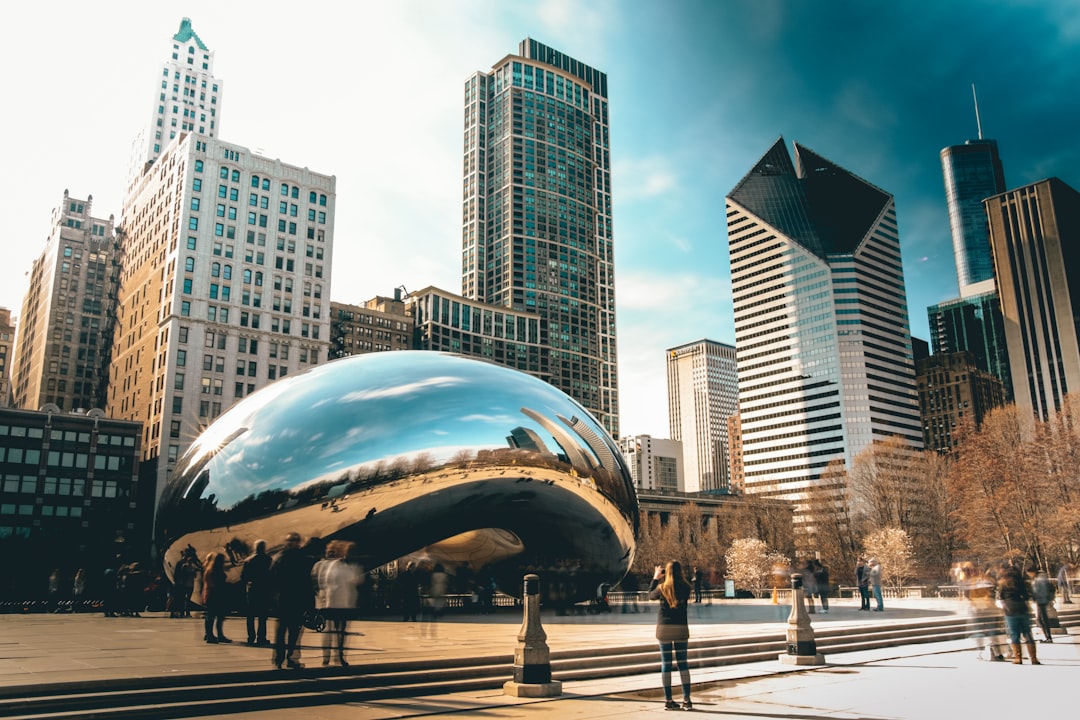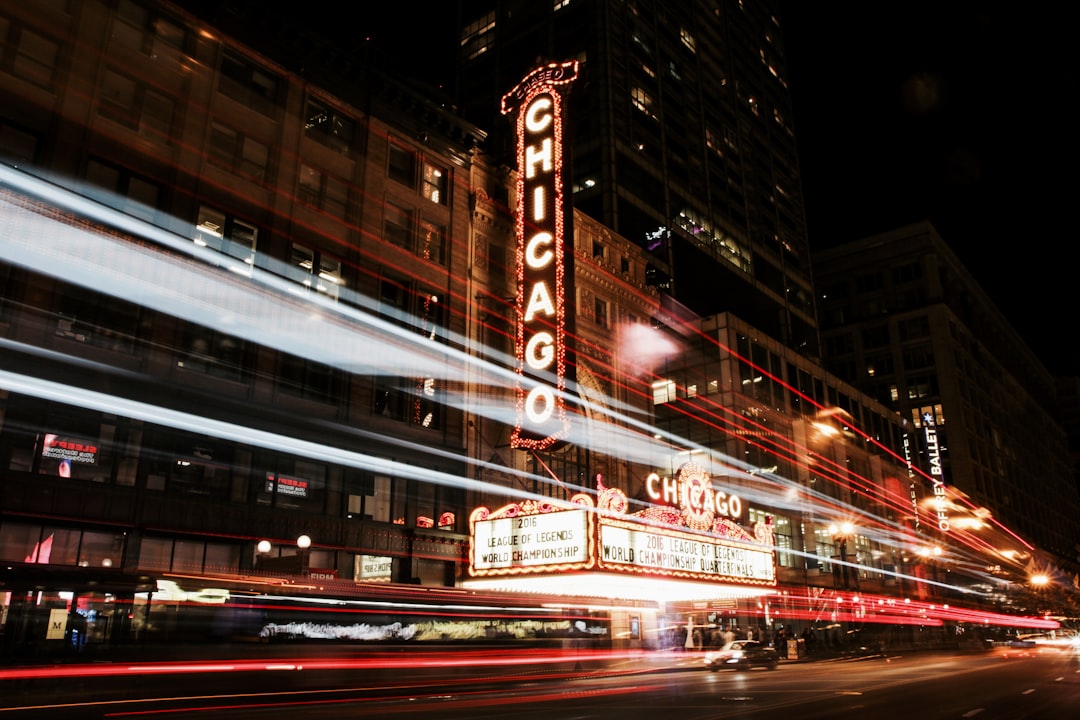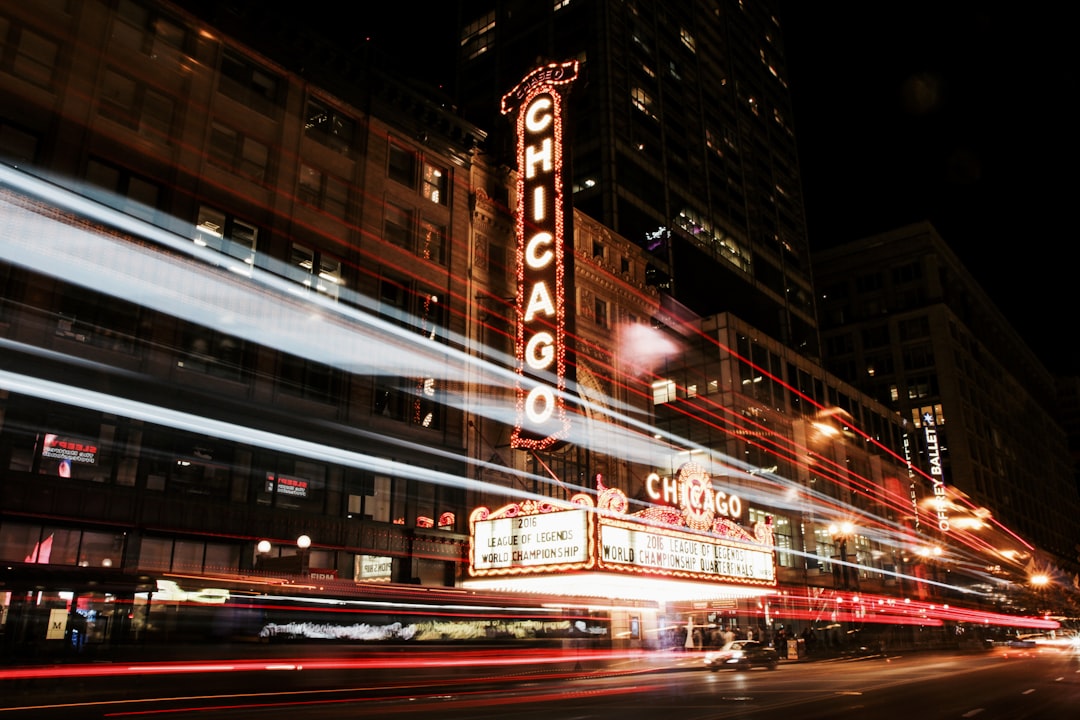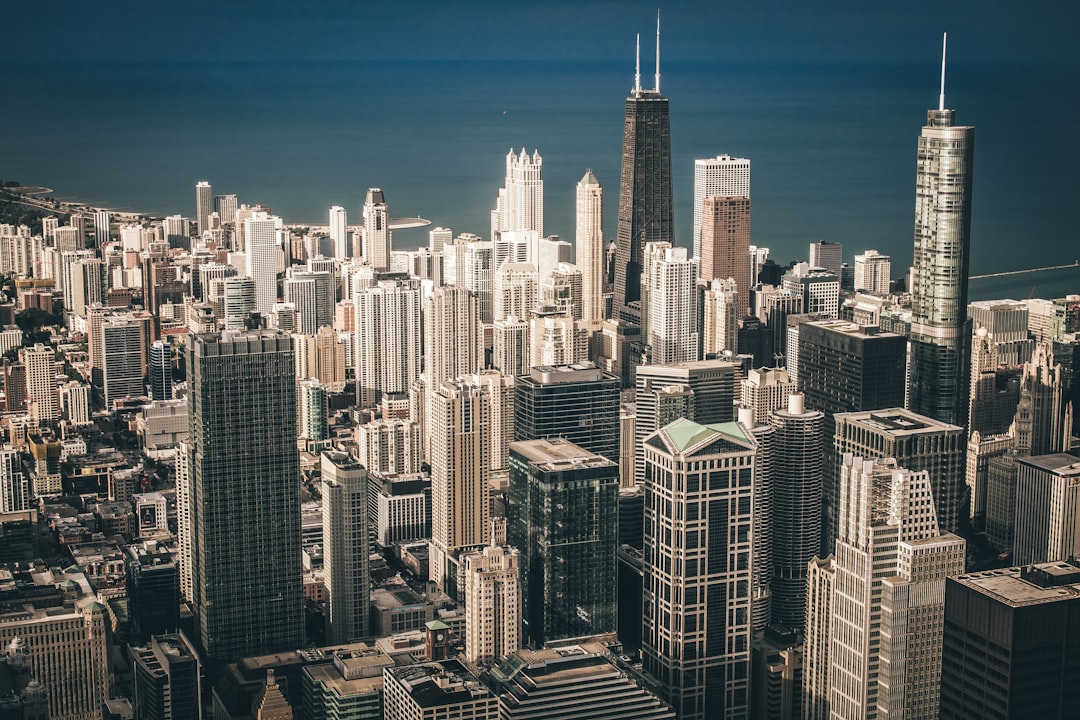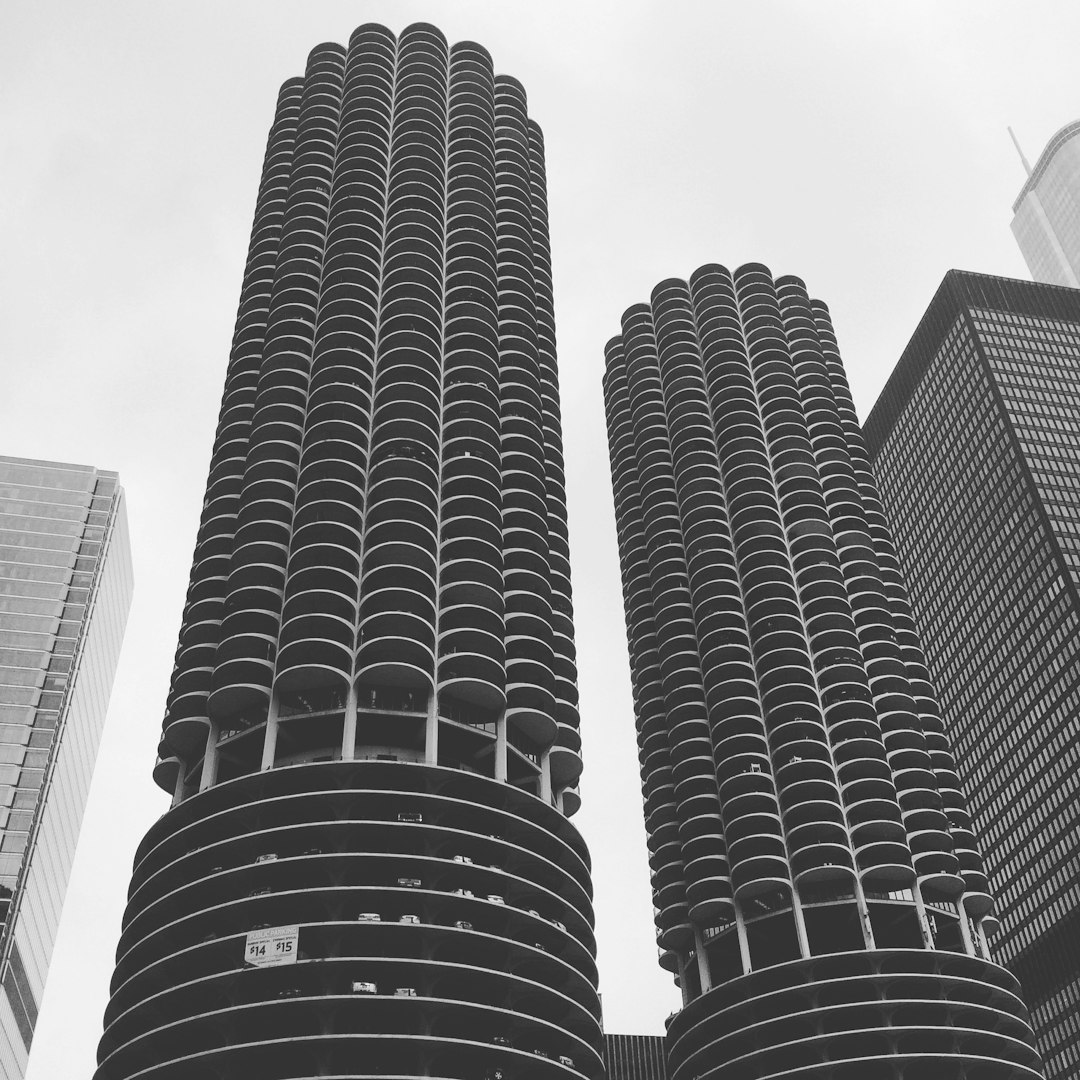Chicago residents face a surge of unwanted telemarketing calls from out-of-state and international scammers, leading to frustration and potential identity theft. Despite "Do Not Call" laws, many struggle with persistent calls. To combat this, Chicagoans should leverage local consumer protection resources, law enforcement, and community organizations for support, including Do Not Call lawyers in Chicago. Building a robust network enables residents to educate each other about consumer rights, share resources, and collectively advocate for privacy, making the city a safer environment against aggressive telemarketing practices. Alternatives to relying on Do Not Call lawyers include educational workshops, community-driven solutions, local advocacy networks, and online forums for sharing strategies and support.
In today’s digital age, telemarketing calls have become a ubiquitous part of daily life in Chicago, often overwhelming consumers. Building a robust support network is crucial for empowering Chicagoans to protect themselves from unwanted and deceptive telemarketing practices. This article explores the significance of such networks, focusing on strategies to navigate the challenges faced by local consumers. We delve into community resources, alternative solutions to relying solely on Do Not Call lawyers in Chicago, and ways to fortify rights against relentless telemarketers.
Understanding the Chicago Consumer's Telemarketing Experience

In Chicago, like many urban areas, consumers are often inundated with telemarketing calls, from various sources including out-of-state and international scammers. These unwanted calls can be frustrating, intrusive, and even dangerous, as they sometimes precede fraudulent activities such as identity theft or financial scams. Many Chicago residents, especially those facing persistent or aggressive telemarketing, may feel helpless against this deluge of calls.
Understanding the unique telemarketing landscape in Chicago is crucial. The city’s diverse population makes it a fertile ground for scammers targeting vulnerable individuals. Moreover, the prevalence of “Do Not Call” registries and laws doesn’t always stop all unwanted calls, leaving consumers to navigate a complex web of legal protections and practical strategies. Building a support network that includes local consumer protection resources, law enforcement agencies, and community organizations can equip Chicago residents with the knowledge and tools necessary to combat telemarketing abuse effectively.
The Role of a Support Network in Protecting Rights

Building a robust support network is an essential step in empowering Chicago consumers to protect their rights against aggressive telemarketing practices. Many consumers, especially those unfamiliar with their legal rights, may feel vulnerable and overwhelmed when dealing with persistent phone calls from salespeople or scammers. A supportive community can offer much-needed guidance and assistance. By educating each other about consumer protection laws and sharing resources, individuals can learn to recognize and decline unwanted calls effectively.
In Chicago, where Do Not Call lawyer services are readily available, a support network can act as the first line of defense. It enables consumers to collectively advocate for their privacy and silence unwanted intrusions into their personal space. Through community initiatives and awareness campaigns, residents can ensure that their rights are respected and that telemarketers adhere to legal boundaries, making Chicago a safer and more secure environment for its citizens.
Strategies to Build and Utilize Community Resources

Building a robust support network is essential for Chicago consumers facing telemarketing issues, and community resources play a pivotal role in this process. One effective strategy is to engage with local consumer protection organizations and non-profit groups that specialize in assisting residents with similar concerns. These entities often offer workshops, webinars, and informational sessions on identifying and dealing with telemarketing scams, empowering consumers with knowledge and tools. They can also provide referral services to trusted legal professionals who do not call lawyers Chicago, ensuring consumers have access to legal advice tailored to their needs without being pushed towards aggressive sales tactics.
Community centers and local churches are other valuable resources, acting as hubs for information exchange and support groups. Here, consumers can connect with peers facing similar challenges, share experiences, and offer mutual assistance. These settings foster a sense of community and solidarity, enhancing the overall well-being of individuals navigating telemarketing issues. By harnessing the power of community resources, Chicago consumers can build a strong support network, gain confidence in addressing telemarketing problems, and make informed decisions to protect themselves from fraudulent practices.
Empowering Chicagoans: Alternatives to Do Not Call Lawyers
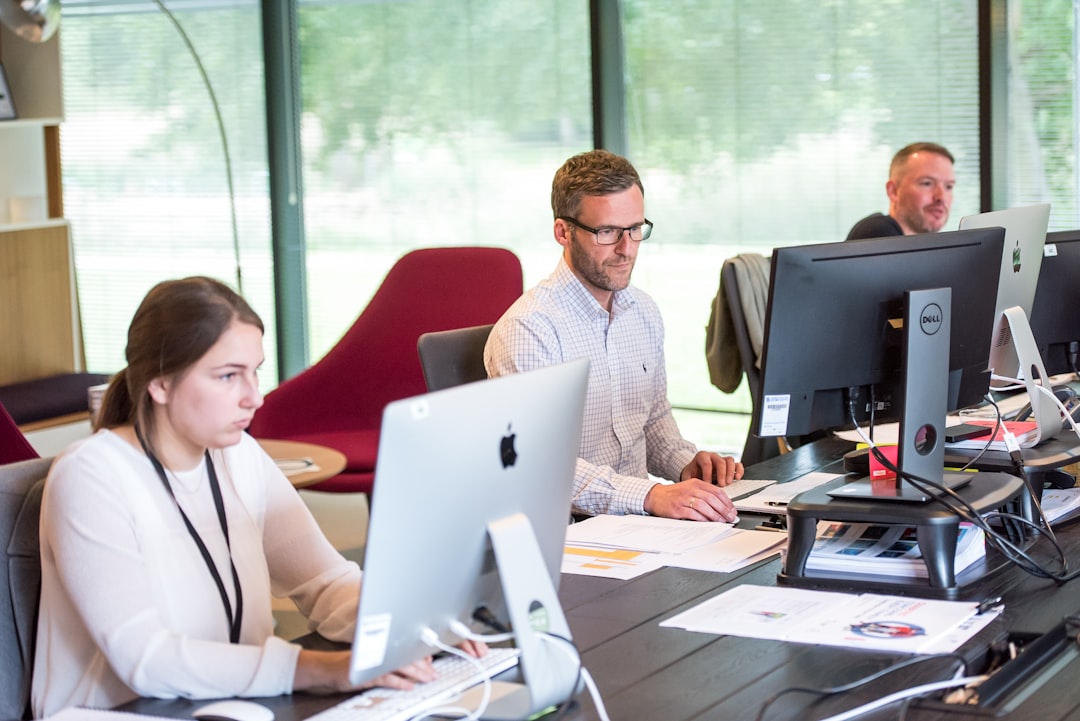
In Chicago, as in many places, consumers often feel powerless against relentless telemarketing calls. While hiring a lawyer specializing in Do Not Call regulations can be a viable option, it’s not the only way to gain control. Empowering Chicagoans to take matters into their own hands starts with education and community-driven solutions. Many consumer rights groups offer workshops and resources on blocking unwanted calls, using technology to filter out telemarketers, and reporting abusive practices directly to regulatory bodies.
These alternatives to Do Not Call lawyers not only save consumers time and money but also foster a sense of collective agency. By joining local consumer advocacy networks or online forums dedicated to curbing telemarketing intrusions, Chicagoans can share strategies, support each other, and collectively push for stronger protections against intrusive marketing practices.

